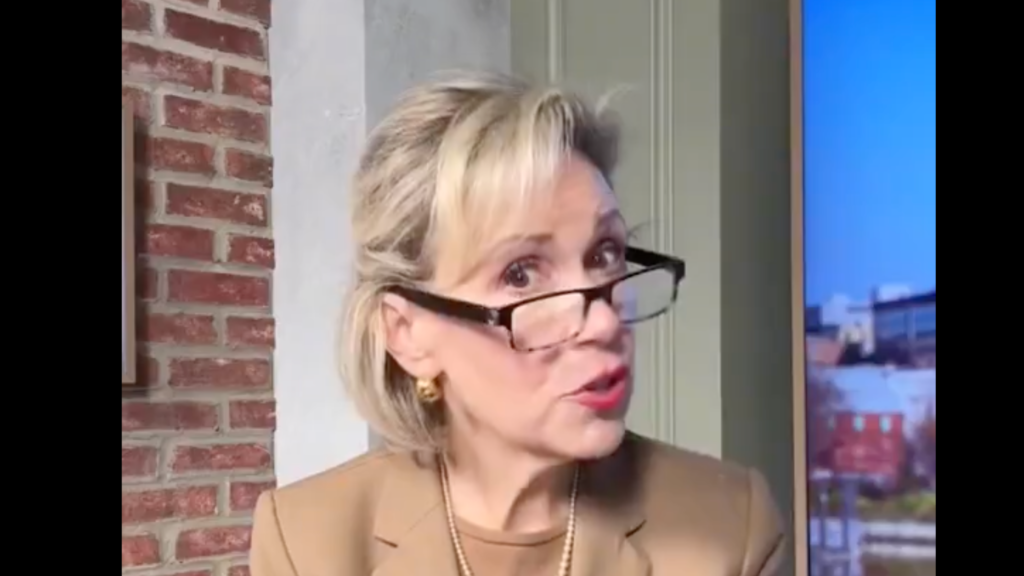Gwen Walz, the wife of Democrat Vice President Tim Walz, has recently attracted attention for a peculiar get-out-the-vote video that some observers found patronizing rather than motivational. In this video, Gwen directs the audience in a tone reminiscent of a kindergarten teacher, positioning her message as an “assignment” that seems overly simplistic. With a serious demeanor, she informs her viewers to take themselves and three friends to the polls, reinforcing that this task is akin to a final exam—no late submissions accepted. These remarks, designed to rally voters as Election Day approaches, have sparked skepticism regarding the complexity of the electorate she is addressing.
The response to Gwen Walz’s call has not been universally positive. It is reported that her husband, Tim Walz’s brother, Jeff Walz, has openly criticized Gwen’s approach and has even considered aligning himself with Trump, indicating a significant family divide. Jeff has publicly deemed Tim unfit for leadership, suggesting that he lacks the necessary character to handle critical decisions. Additionally, the broader Walz family has shown support for President Trump, as indicated by a photo shared among family members wearing Trump merchandise, highlighting a stark contrast with Gwen’s political stance and raising questions about the unity of their political views.
Gwen Walz’s questionable rhetoric is not limited to her recent video; she has had a history of strange public appearances. During the Democratic National Convention, she delivered an eccentric performance that many observers found off-putting. Her erratic behavior continued during a campaign event in Beloit, Wisconsin, where she unexpectedly began singing the fight song for Mankato West High School, a local high school in Minnesota. This baffling interlude occurred at a time when communities in southern states were grappling with the aftermath of severe hurricanes, leading to awkward reactions from her audience and casting further doubt on her situational awareness.
Criticism of Gwen Walz’s style is emblematic of a larger discourse regarding the communication strategies used by political figures to engage voters. The stark contrast in perceptions of Gwen’s message reveals a divide among her audience: while some might appreciate an earnest call to action, others see it as condescending. Political engagement is complex, and the efficacy of different outreach methods often invites debate, particularly when the tone used may inadvertently alienate constituents instead of inspiring them.
Moreover, Gwen’s focus on simplicity in her call to action can be interpreted as a reflection of a broader trend among political leaders who sometimes underestimate the sophistication of their potential voters. This tendency to patronize can yield unintended consequences, as it may imply that democratic participation is a burdensome task rather than a civic duty that citizens willingly embrace. The disconnect between the messenger and the message showcases the risks associated with oversimplifying political engagement efforts in an increasingly complex electoral landscape.
As the political landscape continues to evolve, the approach taken by figures like Gwen Walz may warrant a reevaluation. As seen from various family dynamics and public receptions, the effectiveness of engaging and mobilizing voters may hinge not just on passionate appeals, but on the ability to resonate with an electorate that is both diverse and nuanced. The ongoing scrutiny of Gwen Walz’s methods underlines the critical importance of aligning political outreach strategies with the values and expectations of constituents, especially in a highly charged political climate.

